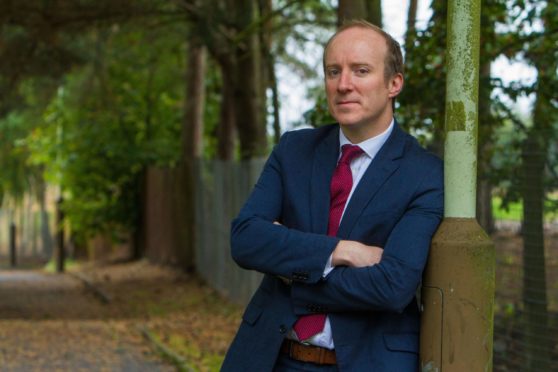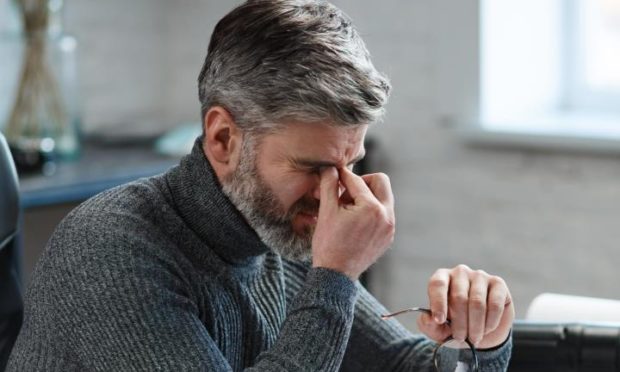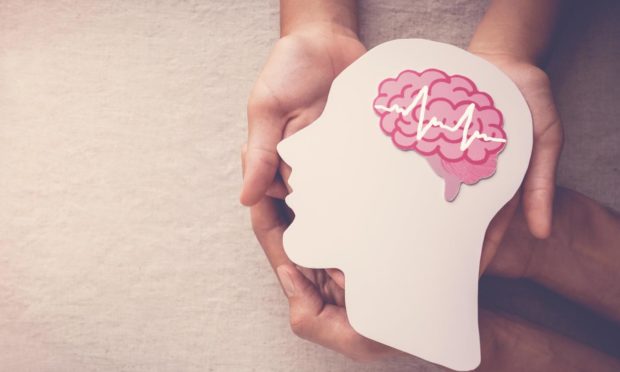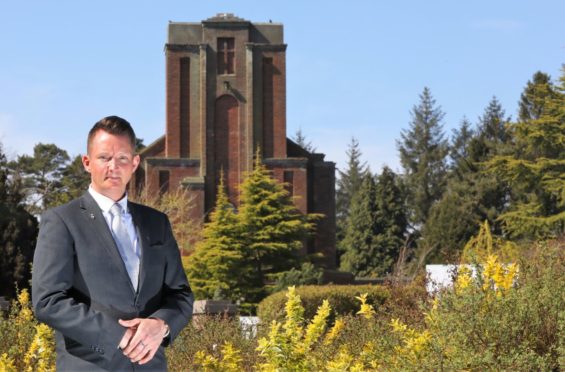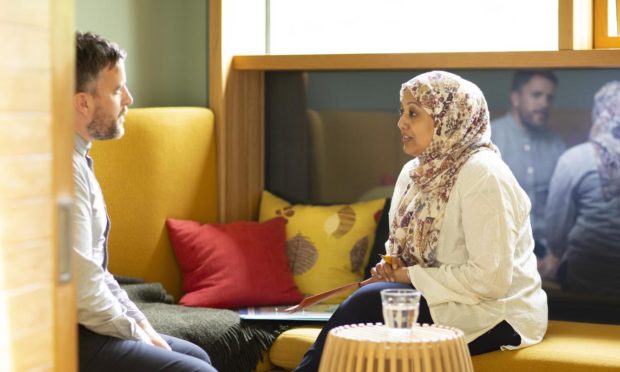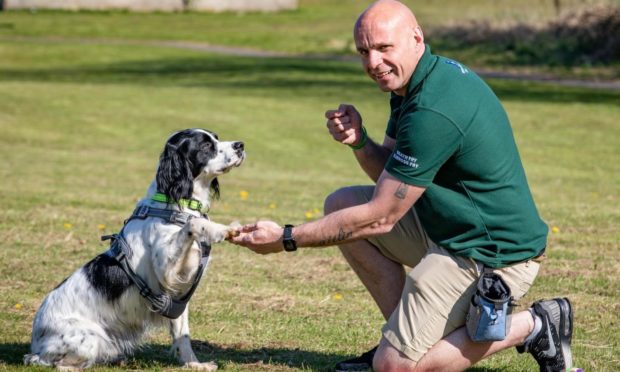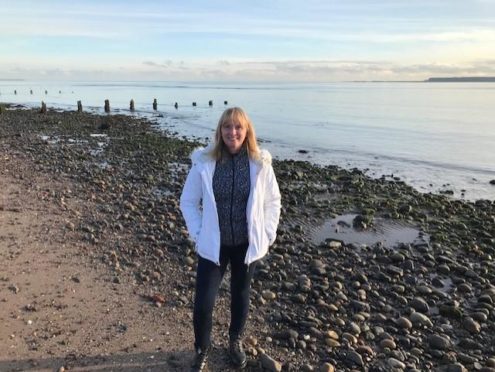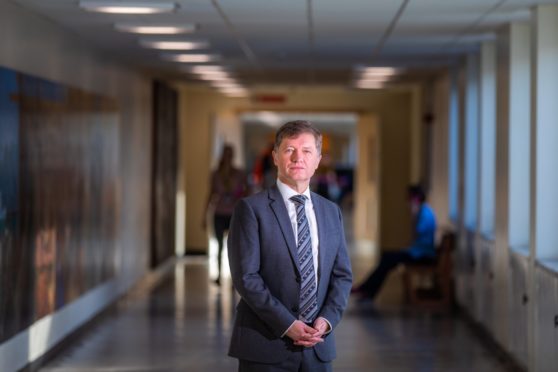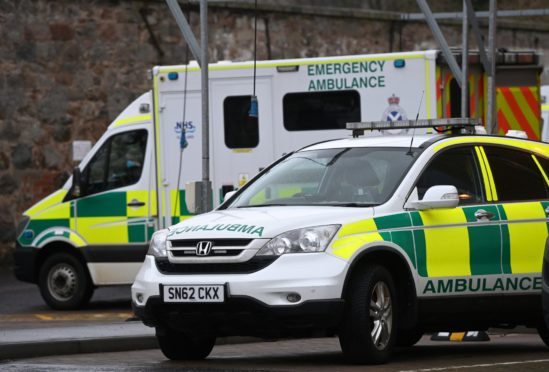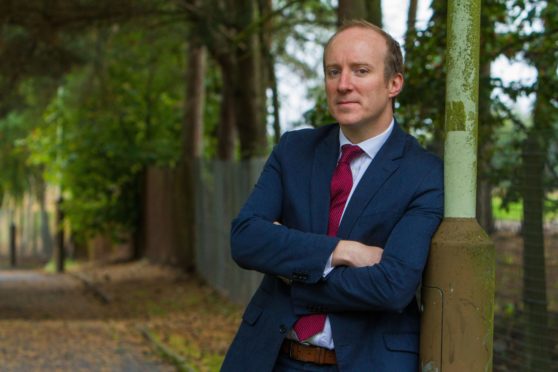Proposals for a 24-hour mental health crisis centre in Dundee have been branded “next to worthless” by critics who say the plan lacks detail.
A new report has outlined how the much-anticipated centre would operate through a free hotline for anyone in need at any time of day.
However, no location has been identified for it and there is also no opening date.
Dundee has the highest suicide rates in the country and such a centre was a key recommendation in a scathing independent report into Tayside’s mental health services.
‘People are losing their lives’
Michael Marra, Scottish Labour candidate for North East Scotland, said he feels the urgency doesn’t meet that expected by the local population.
Dundee City Council’s SNP leader John Alexander meanwhile said he feels “truly disheartened” by the criticism and described it as “politically-driven”.
Mr Marra said: “With no date for opening and not even an estimated timescale for delivery this report is next to worthless.
“The only tangible thing promised is yet another report in October. By that point it will be three and a half years since the First Minister backed Labour calls in parliament to deliver this service for Dundee.”
He added: “If this was genuinely a priority for the SNP they would be making it happen straight away. People are losing their lives and their loved ones.”
The report will be discussed at a meeting of the Integration Joint Board (IJB) of the Dundee Health and Social Care Partnership (DHSCP) on April 21.
Mr Alexander has stressed the centre will be fully operational at some point in the next year.
The service, led by the voluntary sector, will offer immediate support such as accommodation if needed and arranging those on the phone to be clinically assessed.
This will be a balance providing somewhere close to home but also avoiding locations that could be a suicide risk.
People tend to struggle more for support at evenings and weekends and it’s hoped the centre will fill that void.
IJB chiefs are describing the crisis centre as an “always open Community Wellbeing Hub (CWH)”.
Longer-term provision will be met elsewhere in the partnership’s housing plan.
Difference between ’emotional distress’ and ‘crisis’
Mr Alexander said all funding has been secured and some parts of the service, such as the Distress Brief Interventions (DBI) project, will be set up by “summer 2021”.
The DBI approach will target support at people experiencing emotional distress, rather than those experiencing a mental health crisis.
The IJB says the two types should be treated differently but with equal value.
Someone facing a crisis would be someone with an acute exacerbation of a mental health condition likely to respond to specialist care and treatment.
Whereas someone in distress would more likely benefit from a more “holistic problem solving approach”.
This distress may have arisen from a wide array of more social and interpersonal factors, such as going through a trauma.
The city’s closest neighbour Perth opened a crisis centre last year.
Just this week it launched a 24/7 service, only a year and a half after it was first proposed.
Edinburgh led the way when it opened Scotland’s first some years ago.
Scottish Conservative candidate for Dundee City West, Tess White, said people in Tayside “deserve timely personal care”.
She added: “Sadly, in recent years, acute help has been centralised, oversubscribed and understaffed because NHS Tayside haven’t had the right resources.
“A crisis centre in Dundee will save lives, as it would have done three years ago. It’s unacceptable that it’s taken so long to get the will together to make it a reality.
“In the meantime, so many Dundonians suffering a mental health crisis have been let down.”
New details are a ‘huge step’
Mr Alexander said the report should be welcomed by all.
He said: “This report is a huge step forward. It commits to the funding of a centre and sets out what will be delivered. Any political noise can’t drown those facts out.”
SNP candidate for Dundee East, Shona Robison added: “We are acutely aware of the huge demands upon mental health services, particularly at the moment due to the pandemic.
“That is why, within our manifesto, an SNP Government will ensure that direct investment into mental health services increases by at least 25% and that, by the end of the Parliament, 10% of our frontline NHS budget will be invested in mental health.
“These are significant commitments and we hope, together with other measures, this will create a positive and lasting impact on the challenges faced by so many owing to their mental health.”
SNP candidate for Dundee West, Joe FitzPatrick also described the report as a big milestone.
He said: “Shona and I have met with a variety of charities in the city who all share the appetite for a mental health crisis facility and with a clear commitment, financial support identified and a positive timeline, we are in a much more positive space.
“I look forward to seeing this coming to fruition.”
What will the centre do?
- Create a single point of entry – including a single phone number – both for people experiencing a mental health crisis and people experiencing emotional distress.
- Host immediately available support and facilitate access to a wide range of city wide resources.
- Have direct access to specialist mental health resources for those people presenting with acute mental health crisis.
- Have access to short-term accommodation with support.
- Provide an immediate, compassionate response to people at the point of greatest need with this being followed by a time-limited period of support to assist people to problem solve the issues they are facing and become more anchored in community-based wellbeing resources and supports
